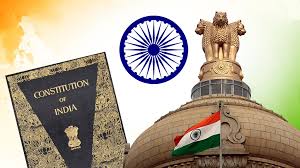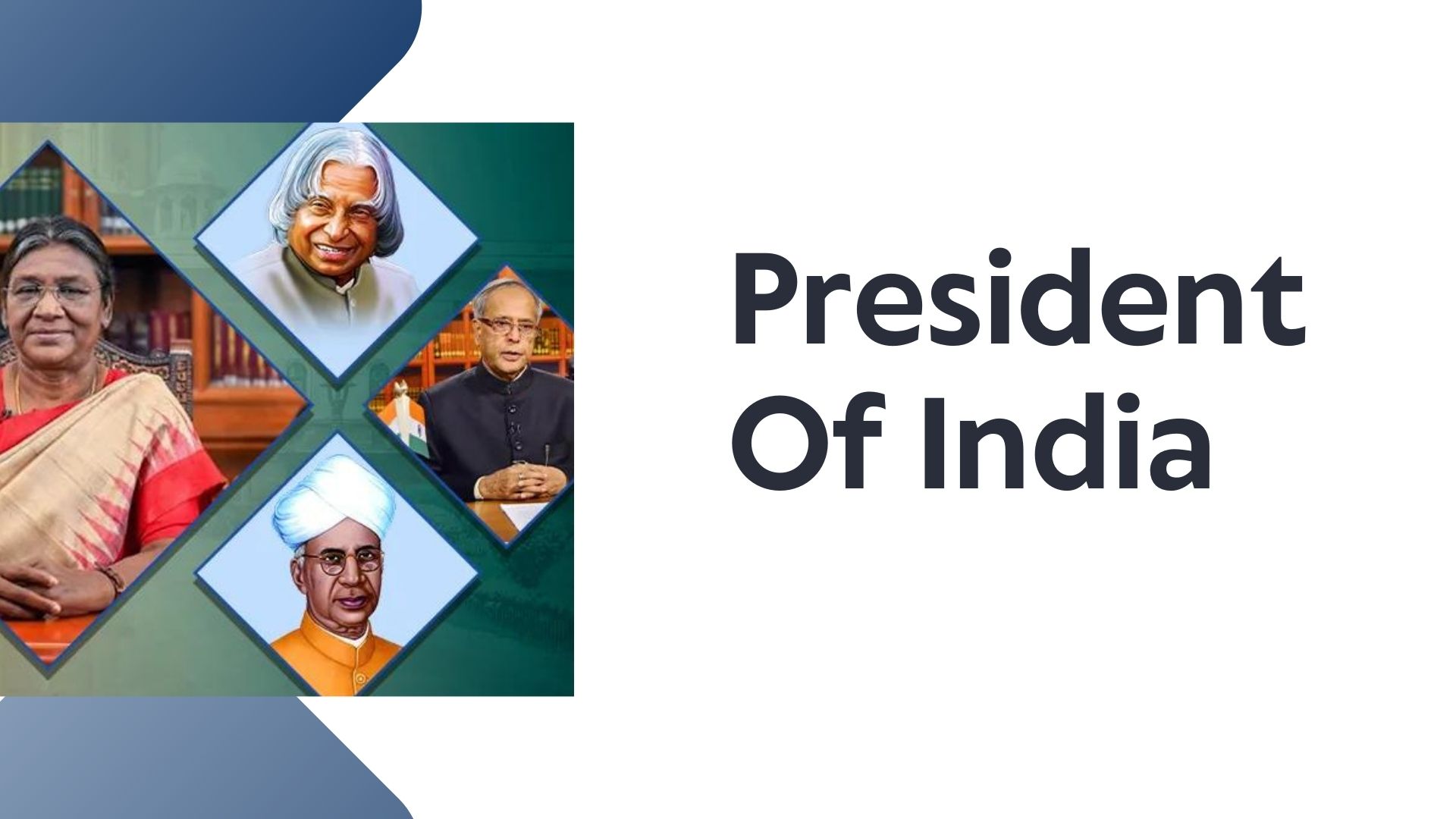The article, published on 9th June 2025 titled “Meeting interlocutors,” focuses on seven Indian delegations, comprising Members of Parliament and former diplomats, tasked with projecting a united image of pluralistic India abroad. These delegations were dispatched by the government after Operation Sin-door and the Pahalgam terror attack.
The primary goals of these delegations included:
- Conveying outrage over the Pahalgam attack and its links to Pakistan.
- Communicating India’s “new normal” approach to terrorism.
- Reaching out to foreign governments, lawmakers, foreign media, and the general public, particularly in countries where New Delhi felt unsupported.
The delegations visited 32 countries and engaged with key international bodies and nations. Specific areas of focus included:
- Discussions with members of the UN Security Council (UNSC), including those seeking permanent membership.
- Efforts to amend a UNSC statement to remove references to The Resistance Front (TRF), which claimed responsibility for the Pahalgam attack.
- Seeking India’s selection as Chair and Vice-Chair of the UN Counter-terrorism Committee to hold terrorists accountable through UN designations and at the Financial Action Task Force (FATF).
- Addressing concerns regarding the Organisation of Islamic Cooperation (OIC).
- Engaging with the U.S. in New York and Washington, noting the strain on ties due to then-President Donald Trump’s persistent claim of mediating a ceasefire between India and Pakistan and using trade ties to avert a “nuclear conflict”.
The article notes that a significant portion of their political diplomacy involved speaking to the Indian diaspora and accompanying Indian media, rather than solely influencing foreign interlocutors. The delegations also had to contend with a “copy-cat” narrative from Pakistan. Despite international criticism of the Modi government for “democratic decline” and increasing majoritarianism, the overarching message of the delegations was one of Indian unity and consensus on national security. The ultimate aim was to project abroad a positive and pluralistic image of India as a country resolute against terrorism.



